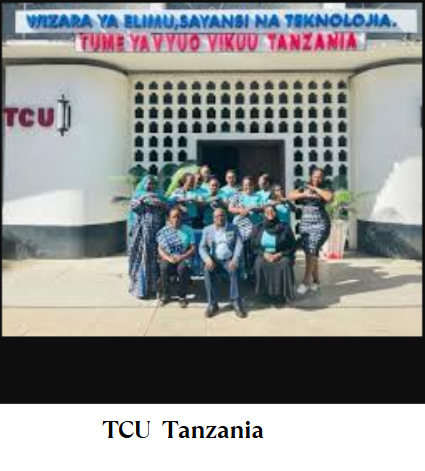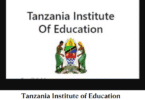The Tanzania Commission for Universities (TCU) is the official government agency responsible for overseeing university education in Tanzania. It was established under the Universities Act (Cap. 346) back in 2005 to regulate and coordinate higher education in the country. TCU ensures that all universities and their programmes meet national and international standards. In short, it safeguards the quality of university education in Tanzania.
The Main Roles of TCU
TCU plays three primary roles:
Regulatory
TCU is responsible for accrediting universities and their academic programmes. It ensures that universities offer courses that meet established standards and that graduates are well-prepared for the job market or further studies.
Advisory
TCU advises the government, universities, and the public on matters related to higher education. This includes helping to shape policies and strategies for the sector.
Supportive
TCU helps universities by offering training, coordinating admissions, promoting gender equality, encouraging entrepreneurship, and assisting with the development of new programmes.
Courses and Faculties Under TCU’s Oversight
While TCU itself doesn’t teach courses, it regulates and approves the courses offered by universities and university colleges across Tanzania. Here’s a look at the main faculties and types of courses you’ll find in TCU-accredited institutions:
Health and Allied Sciences
Courses include Medicine (MD), Nursing, Pharmacy, Medical Laboratory Sciences, Dentistry, and Public Health. Offered at institutions like MUHAS, St. Francis University College, and KCMUCo.
Engineering and Technology
Includes BSc degrees in Civil, Mechanical, Electrical, Computer Engineering, and Electronics & Telecommunications. Offered at UDSM, DIT, and NM-AIST.
Education
Covers Bachelor of Education (Arts/Science), Early Childhood, and Special Needs Education. Offered at UDOM, OUT, Teofilo Kisanji University, and others.
Business, Finance, and Economics
Courses in Accounting, Finance, Business Administration, Marketing, Procurement, and Economics. Found at Mzumbe University, CBE, and TIA.
ICT and Computer Science
Programmes in IT, Computer Science, Software Engineering, and related fields. Offered at UDSM, DIT, and NIT.
Law and Social Sciences
Includes LLB, International Relations, Sociology, Political Science, and Mass Communication. Offered at RUCU, SAUT, and UDOM.
Postgraduate Programmes
Institutions like NM-AIST focus on postgraduate studies in science, engineering, and technology. Many other universities offer Master’s and PhD programmes in business, education, law, and health sciences.
How TCU Ensures Quality
Every university and program in Tanzania must undergo TCU’s approval process before admitting students. This involves:
- Submitting the curriculum for review
- Meeting minimum academic standards
- Regular evaluations to ensure continued compliance
TCU also publishes annual admission guidebooks that list all accredited programs and institutions, helping students choose recognized and respected courses.
Why TCU Accreditation Matters
Choosing a TCU-accredited university or course means:
- Your degree will be recognised for employment or further studies.
- You’ll be eligible for government loans from bodies like HESLB.
- You’ll avoid unrecognised institutions offering low-quality education.




